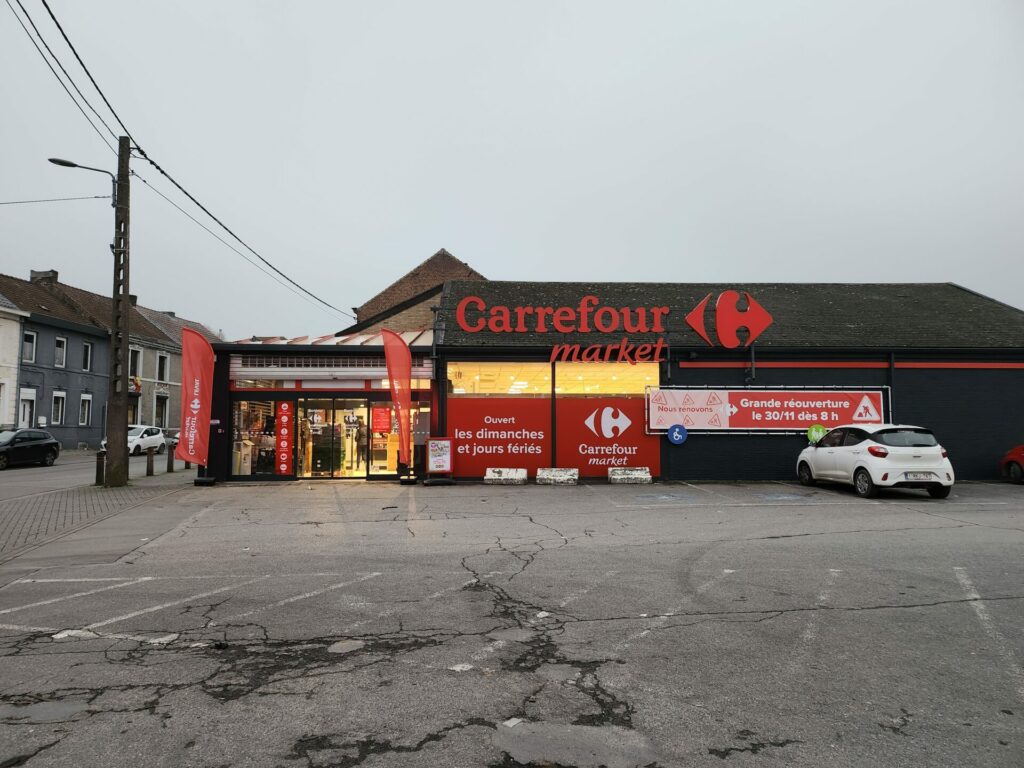Belgians have never before done so much of their grocery shopping across the border. But with record amounts being spent abroad, the Federation of the Belgian Agri-Food Industry (Fevia) is urging regulators to make Belgium more competitive.
As a small country, Belgium must account for the state support or taxes of its neighbouring countries such as Germany, France and the Netherlands, as they have an immediate impact on the competition with Belgium.
"If products in Belgium are taxed more heavily than in neighbouring countries, cross-border purchases increase at once," Fevia stated in a press release. "That is a lose-lose for our food companies, their employees, the Belgian consumer (who has to travel further for groceries) and the government (which loses income)."
The price difference is currently especially notable with France. Many Belgians used to go to the Netherlands for groceries, but this is less the case since VAT was increased there. Only by aligning with neighbouring countries on state support and similar taxes can there be fair competition, Fevia argued.
It all starts with a drink...
The biggest price differences are found in drinks, including water and soft drinks. A 1.5L bottle of water that costs €0.61 in a French supermarket costs €0.93 in the same supermarket chain in Belgium – about a third more.
One reason for the higher prices in Belgium is the 10c/L tax on packaging in Belgium, which does not exist in France. Belgium's VAT is also slightly higher than France's and lastly – specifically in the case of soft drinks – excise duties are higher in Belgium due to the soda tax.
In June this year, the Belgian Commerce and Services Federation Comeos already reported that as many as one in eight Belgians crossed the border every month to do groceries. In the first three months of the year, Belgians' cross-border purchases in physical shops totalled €668.59 million (against €480 million and €647 million for the same period in 2022 and 2019), according to statistics from Comeos.
Related News
- Half of Belgians will further cut food spending if prices continue to skyrocket
- Food prices in Belgium remain high, but trend is 'in line with neighbouring countries'
- Food inflation: Small drops in supermarkets but will we ever see pre-inflation prices?
Other than €423 million spent on food products and basic necessities in France, Belgians spent €141 million in the Netherlands, and €126 million in Germany and Luxembourg – meaning hundreds of millions of euros are being lost.
"The problem is that once Belgians are in France for drinks, they stay there," Fevia economist Carole Dembour said in a press release. "These drinks are really a loss leader in supermarkets abroad. The Belgian consumer crosses the border to fill his trunk with drinks and then takes the opportunity to buy other products."
Other products, especially fruits and vegetables, are often less expensive in Belgium. But Dembour added that this is "seemingly not enough to reverse the trend" and estimated that at the end of the year, Belgians will have spent between €700 and €750 million abroad in 2023.

